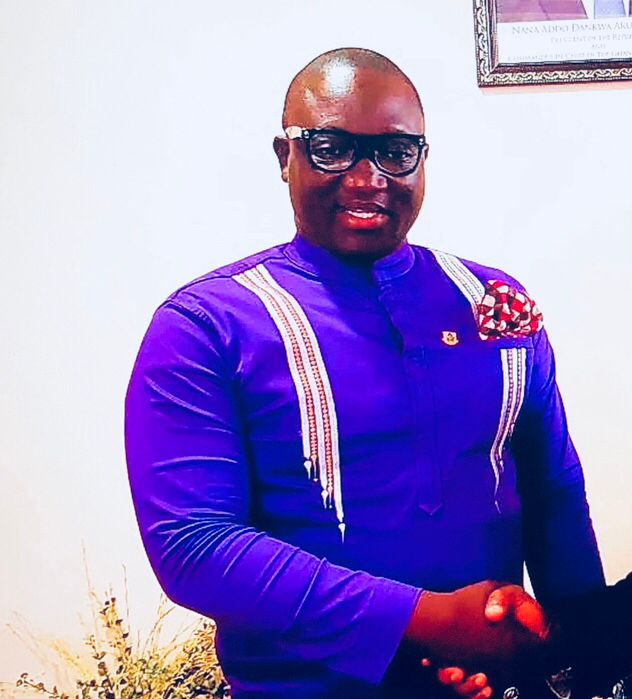
During the recent launch of the 75th Anniversary celebration of the Ghana Journalists Association (GJA) in Accra, esteemed statesman Sir Sam Jonah aimed at journalists, criticizing their handling of critical issues such as galamsey.
He lamented, “It’s a shame ‘galamsey’ issues no longer make headlines.” This stark observation underscores a troubling trend in Ghanaian media, where pressing issues like illegal mining are often overlooked or downplayed because Ghanaian ministers and politicians are major stakeholders in most illegal galamsey activities.
In a poignant call to action, Sir Sam Jonah urged journalists to defend Ghana’s democracy and not succumb to silence. His rallying cry comes at a critical time when the integrity of the media is under scrutiny, particularly concerning the ownership of television and radio stations by politicians.
Indeed, the question that begs to be asked is: How can journalists effectively safeguard democracy when the majority of radio and television licenses are held by politicians themselves? This arrangement, where politicians control media outlets and employ journalists, raises serious concerns about media independence and the potential suppression of free speech.
Granting licenses to politicians to operate media platforms could be construed as a means of exerting influence and curbing dissent. It creates an environment where journalists may feel constrained in their reporting, fearing reprisals from their politically connected employers. This fear of losing their jobs or facing other forms of retaliation can lead to self-censorship and compromise the integrity of journalistic output.
Moreover, the living conditions of many journalists in Ghana are precarious, to say the least. With meagre salaries, job insecurity, and lack of basic benefits, journalists often find themselves in dire straits. Many struggle to make ends meet, let alone afford a decent meal. Job security is a luxury, with dissenting voices often marginalized within media organizations.
To address these pressing issues, bold action is imperative. The government must take the initiative to cease issuing licenses to politicians to operate television and radio stations. By doing so, it will create an environment where the media can operate independently and fearlessly, without undue influence or interference.
Additionally, the Ghana Association of Journalists must step up to protect its members and advocate for their rights. Legal support and advocacy efforts are essential in ensuring that journalists can fulfil their duties without fear or favour.
In conclusion, it is time for decisive action to safeguard Ghana’s democracy and uphold the principles of a free and independent media. By halting the practice of issuing licenses to politicians, the government can pave the way for a more robust and vibrant media landscape. Only then can journalists truly defend democracy and amplify the voices of the Ghanaian people without fear of reprisal or censorship.
Source: myjoyonline







